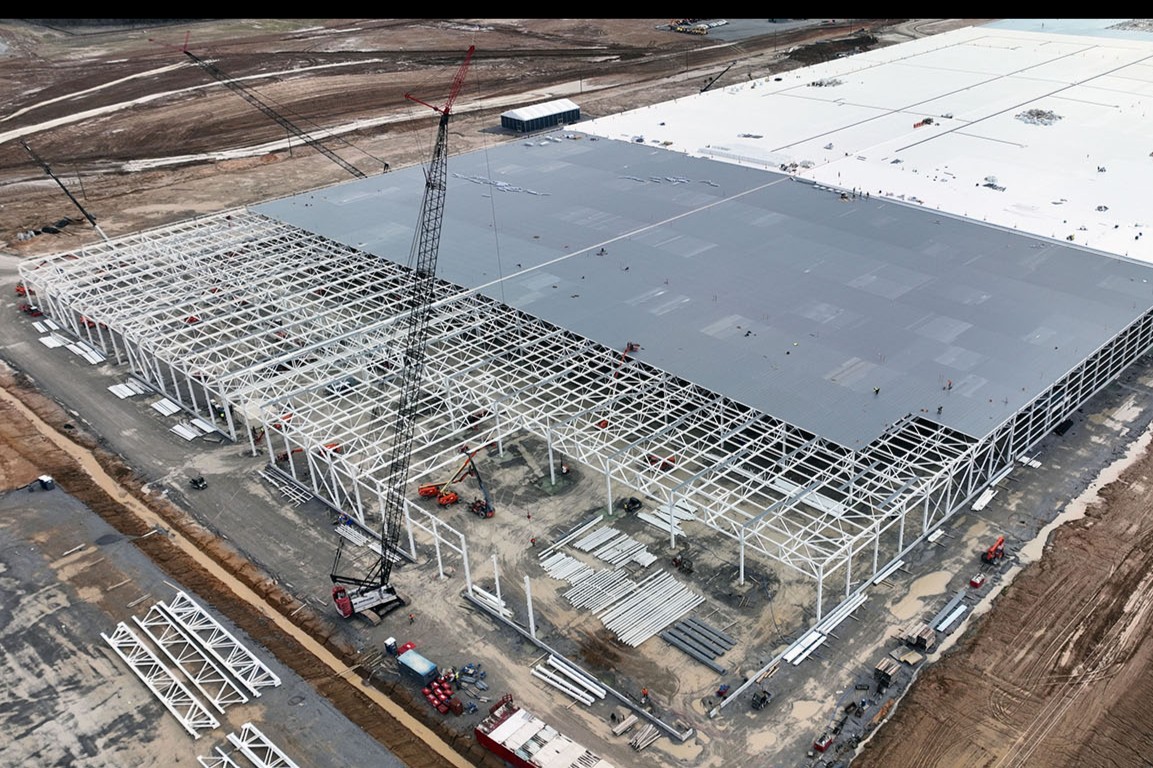BlueOval SK secures US loan to construct battery plants
BlueOval SK is a joint venture by US carmaker Ford and South Korean EV battery manufacturer SK Innovation. All three above-mentioned factories are already under construction – one in Tennessee and two in Kentucky. When construction kicked off in 2022, about $5.6 billion had been earmarked for BlueOval City in Tennessee alone. In Kentucky, both partners are reportedly investing a combined $5.8 billion.
It is important to note that the loan is for “up to three” battery manufacturing sites. Due to rising costs, Ford scaled back its investment target in electric mobility in October 2023. That included postponing investments in the planned second battery factory on a new campus in Kentucky. However, the project was never scrapped; it could now pick up pace again.
The joint venture had already received a conditional loan commitment from the DOE in the summer of 2023. At the time, it was for up to 9.2 billion dollars, while the undertaking will now be supported with up to $9.63 billion. The money comes from the DOE’s Loan Programs Office (LPO). The DOE stresses that this is “the largest loan granted through DOE’s Advanced Technology Vehicles Manufacturing Program (ATVM) [and] will help ensure the United States can meet domestic demand and remain a global leader in the rapidly expanding EV industry.”
“Expanding domestic production of American-made batteries is critical to reducing America’s reliance on adversarial foreign nations like China, meeting the Nation’s domestic and international climate commitments, and achieving President Biden’s goal to make half of all new vehicles sold in 2030 zero-emissions vehicles,” the government department state in its press release.
According to the DOE, the three factories “would enable more than 120 gigawatt hours of US battery production annually,” and create more than 5,000 jobs in construction and some 7,500 jobs in operation. That is less than what was announced 18 months ago. In June 2023, there was still talk of 129 GWh and 7,500 jobs when production begins. That was initially scheduled for 2025, but the US carmaker has since pushed back the start of production of its next electric pickup and electric SUV to 2026 and 2027, respectively. Instead, it will focus on hybrids for the time being.





0 Comments